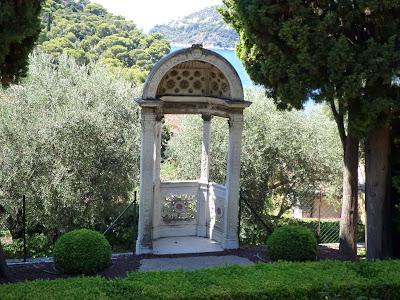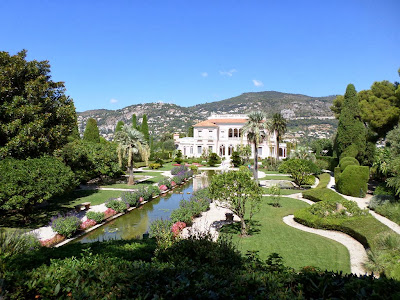Nella Last'sWar: The Second World War Diaries of 'Housewife, 49'. The Trustees of the Mass Observation Project.
Just the title and the authorship need explanation I think! To start with, Britain undertook to do some social research beginning in 1937. The organisation was, and I guess is, called Mass Observation. It stopped sometime in the 1950s but picked up again in the 1980s.
One of the initial projects involved asking about 500 volunteers to keep diaries and to submit them to the organisation periodically. In addition to diaries there were specific questionnaires sent out and all sorts. The variety of topics they asked people about is hilarious.
Anyhow, Nella Last was one of the volunteers and when she sent in her diary pages she identified herself by her age and occupation: 'Housewife, 49'. This identifier was later used by actress, writer, etc., Victoria Wood, in a 2007 television drama based on Nella's diaries. Which gives you a hint of how interesting they are. [If you've not run into Victoria Wood, you missed out. She's a national treasure.]
I loved this book for many reasons:
- It is a first hand account of a civilian's experience of WWII, including being bombed and living in shelters, rationing, etc.
- Born in 1889, she would have been about my Grandma's age, but she was far more exuberant and determined than Grandma ever was - she reminded me quite a lot of my Mom.
- Hearing all the things she did (cook, clean, run a charity shop, run a canteen, organise a wartime sewing circle) between the ages of 49 and 56 reminds me how lazy I am.
- She - even more than most women of her day apparently - was really good at being frugal. She had a limited housekeeping allowance that remained the same all through the war.
- Through the diary, you see her attitude change and her confidence grow. She stops being a doormat for her husband (who sounds a bit of a lump) and begins to appreciate her own worth.
- She was clever and creative and she made important contributions to her community just by doing what she loved to do: cooking, crafting, recycling - and being very organised.
- She talks about anything and everything in a down to earth way. Her husband worked for in a family owned business and they ran a car, which makes them fairly prosperous. People above her on the social ladder clearly turned to her competent and practical ways for aid just as much as those below.
- She always served her husband a hot lunch, which he came home for.
- She felt the most thrifty means to feed her family was to do what they called 'hotel meals', consisting of 'a soup, a savoury dish and a sweet'. Of course soup can be made from yesterday's left overs; her savoury dishes tended to be casseroles made up of small bits she gathered. The sweet was often something make shift involving gelatin, tinned fruit, evaporated milk or cream, if she didn't have the means to bake an actual cake.
- She always hid her 'economies' until the war forced everyone to be more careful; then she discovered her frugal skills were much envied and her advice sought.
- She clearly adored her two grown sons, but she wanted them both to live full and fulfilling lives, even if it meant they might not always be safe or near to her.
- In short, she had stacks of character.
If any of these ideas interest you, can I suggest you put your hands on this book? It isn't indexed as I'd like it to have been, but I found a link that includes some of my favourite quotes. It doesn't include any of her funny recipes, but you'll get a flavour of the kind of person she was.
Family, friends, woman's role
In these extracts, Nella writes of moments in her family life during the war. She reveals her feelings towards her husband, her sons, her past life and her anger at the limitations that society imposed on women at this time.
Monday 25 September 1939: I've got a lot to be thankful for. Even the fact - which often used to stifle me - that my husband never went anywhere alone or let me go anywhere without him, has settled into a feeling of content.






















































